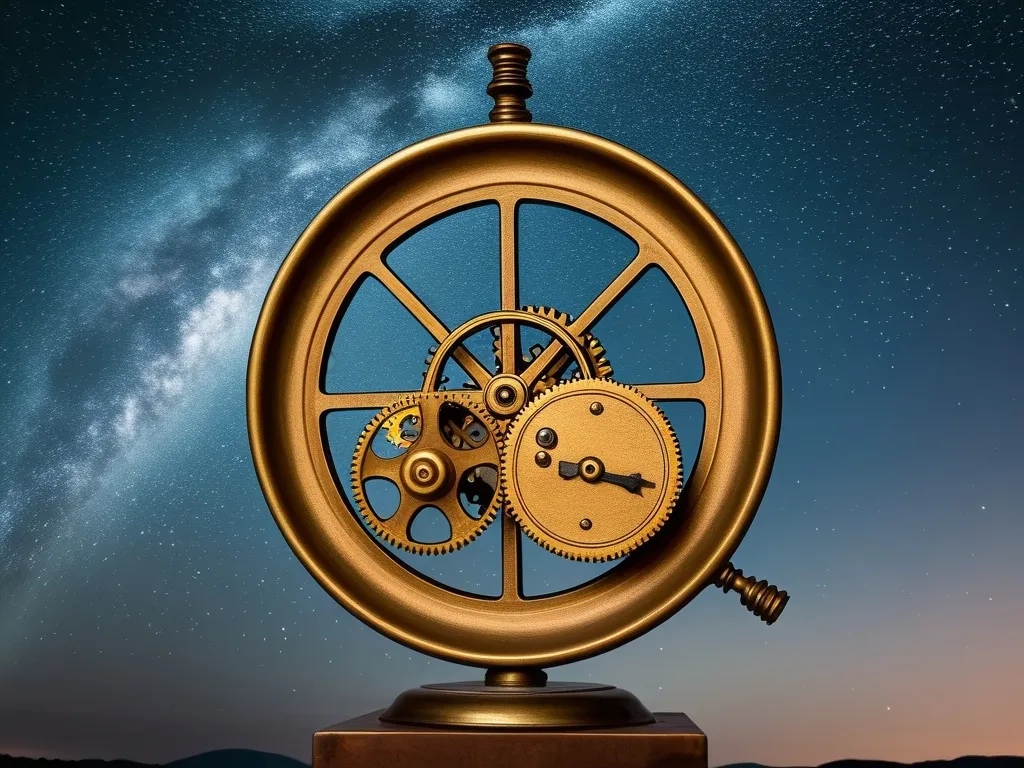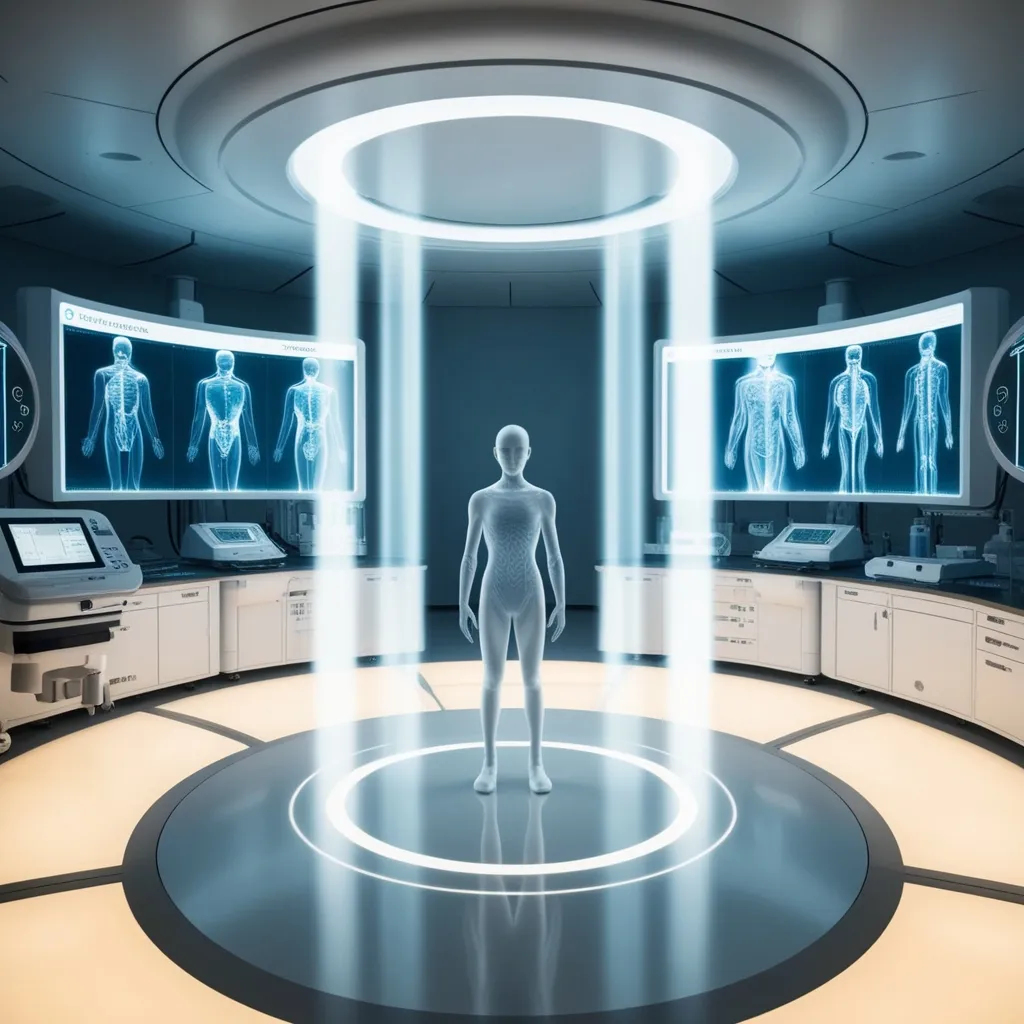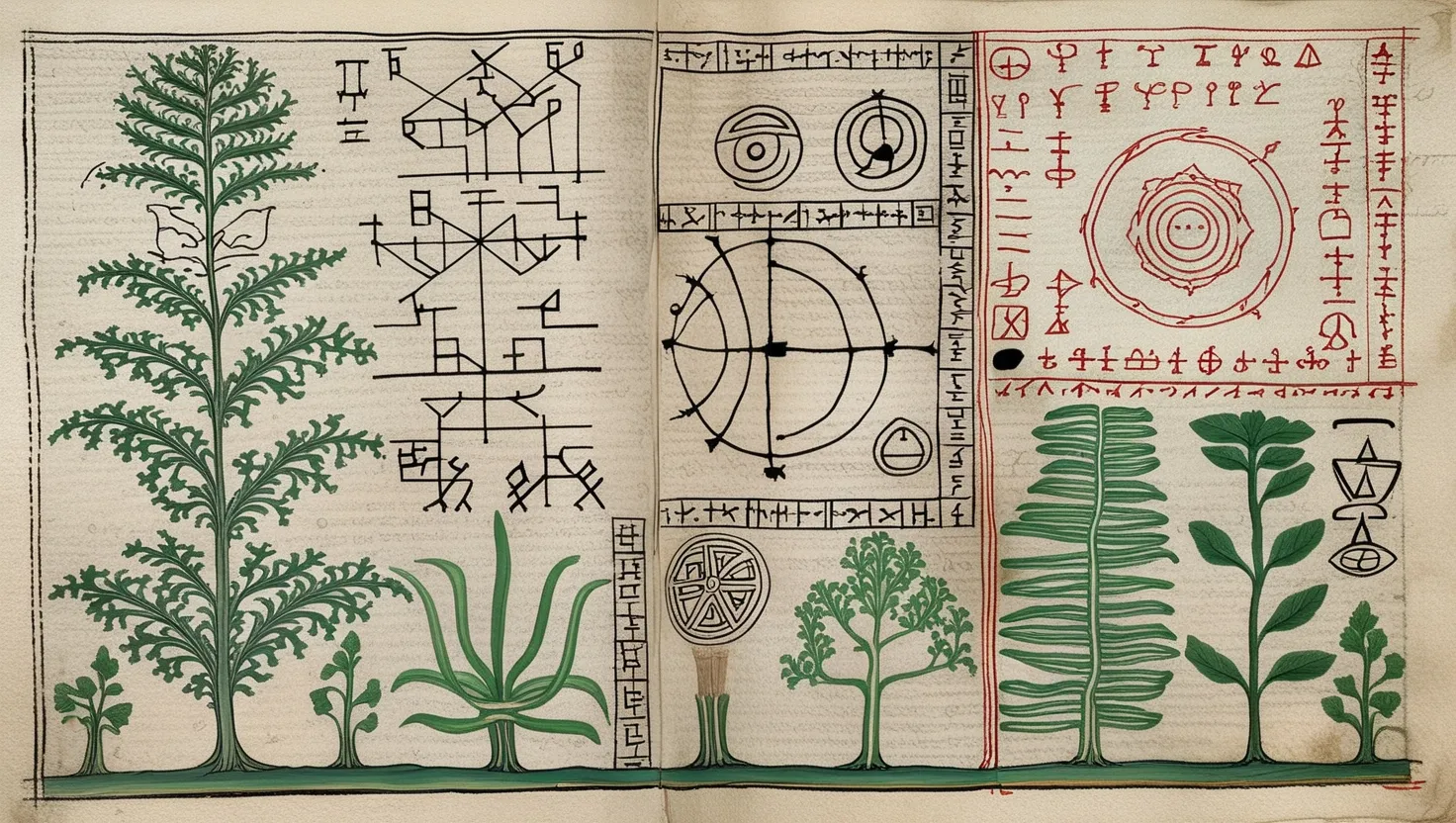Conspiracy theories have a way of capturing our imagination and, often, altering the course of history in profound ways. These theories, whether based on fact or fiction, can mobilize public opinion, influence policy decisions, and leave lasting impacts on society and culture. Here, we delve into eight such conspiracy theories that have significantly shaped historical events and public perception.
The Assassination of Julius Caesar
The assassination of Julius Caesar is one of the most infamous events in Roman history, and it is steeped in conspiracy. While many attribute the plot to Brutus and Cassius, a lesser-known figure, Decimus Junius Brutus Albinus, played a crucial role. Decimus, a trusted lieutenant and close friend of Caesar, was the mastermind behind the conspiracy. His actions on the Ides of March were pivotal; he convinced Caesar to attend the Senate meeting despite ominous warnings, knowing full well that over 60 conspirators awaited him with daggers.
This event marked a turning point in Roman history, leading to the end of the Roman Republic and the rise of the Roman Empire under Caesar’s adopted son, Octavian, later known as Augustus. The conspiracy not only changed the political landscape of Rome but also left a lasting legacy in literature and history, with Shakespeare’s depiction of the event still widely studied today.
The Gunpowder Plot
In 1605, a group of English Catholics, led by Robert Catesby, hatched a plot to blow up the Palace of Westminster during the State Opening of Parliament, aiming to kill King James I and the entire British Parliament. The plot, famously known as the Gunpowder Plot, was foiled when authorities discovered the explosives hidden in a basement under the House of Lords.
The failure of this plot had far-reaching consequences. It solidified England’s Protestant identity and intensified anti-Catholic sentiment, leading to new laws that punished Catholics without trial and stripped them of their property rights. The annual commemoration of Bonfire Night on November 5th serves as a vivid reminder of the plot’s failure and continues to influence British culture and foreign policy to this day.
The French Revolution and the Illuminati
During the French Revolution, conspiracy theories about the Illuminati, a secret society founded in Bavaria, began to circulate. These theories posited that the Illuminati were behind the revolution, seeking to overthrow monarchies and establish a new world order. Although the Illuminati had been disbanded years before the revolution, the myth persisted.
This conspiracy theory spread fear and paranoia, contributing to the Reign of Terror, during which thousands were executed on suspicion of counter-revolutionary activities. The theory also influenced European politics, with monarchs and governments using it to justify crackdowns on dissent and opposition. The legacy of this conspiracy can still be seen in modern-day conspiracy theories about secret societies controlling world events.
The Sinking of the USS Maine
In 1898, the USS Maine exploded in Havana Harbor, leading to the Spanish-American War. The cause of the explosion was unclear, but conspiracy theories quickly emerged, with many Americans believing that Spain had deliberately sunk the ship. This theory, though later disputed, was instrumental in rallying public support for the war.
The war resulted in the United States gaining control over several Spanish colonies, including Puerto Rico, Guam, and the Philippines, marking a significant expansion of American influence in the world. The conspiracy theory surrounding the USS Maine’s sinking exemplifies how such theories can drive national policy and shape international relations.
The Protocols of the Elders of Zion
One of the most damaging conspiracy theories in history is the Protocols of the Elders of Zion, a fabricated document that purported to outline a Jewish plan for world domination. First published in Russia in the early 20th century, this forgery was widely disseminated and believed, contributing to anti-Semitic sentiment and violence.
The Protocols were used to justify the Holocaust and other anti-Jewish atrocities. Even today, this conspiracy theory continues to circulate, fueling hate and discrimination against Jewish communities worldwide. Its impact on history is a stark reminder of the dangerous consequences of spreading false and malicious information.
The Reichstag Fire
In 1933, the Reichstag building in Berlin caught fire, and the Nazi Party quickly blamed the incident on communists. This event was pivotal in Hitler’s rise to power, as it allowed him to declare a state of emergency and consolidate his control over Germany.
The conspiracy theory surrounding the fire’s cause—whether it was a communist plot or a Nazi fabrication—remains debated. However, the immediate aftermath saw the passage of the Enabling Act, which granted Hitler dictatorial powers. This marked the beginning of the end of democratic Germany and the rise of the Nazi regime, leading to World War II and the Holocaust.
The Assassination of John F. Kennedy
The assassination of President John F. Kennedy in 1963 spawned a multitude of conspiracy theories. From claims of CIA involvement to theories about the role of organized crime or foreign governments, these theories have captivated the public imagination for decades.
The Warren Commission’s conclusion that Lee Harvey Oswald acted alone has not satisfied many, and the ongoing debate has led to numerous investigations and books. The conspiracy theories surrounding JFK’s assassination have influenced American politics and culture, contributing to a general distrust of government and institutions.
The 9/11 Attacks
The 9/11 attacks on the World Trade Center in 2001 were a pivotal moment in modern history, leading to the War on Terror and significant changes in global security policies. However, various conspiracy theories have emerged, questioning the official narrative of the events.
These theories range from claims of government involvement to suggestions that the attacks were staged or that the damage was not caused by the planes. While these theories are widely debunked, they have had a lasting impact on public perception and trust in government. They also highlight the challenges in distinguishing between fact and fiction in the age of information overload.
The Enduring Impact
Conspiracy theories, whether they are based on truth or fiction, have a profound ability to shape history. They can mobilize public opinion, influence policy decisions, and leave lasting impacts on society and culture. Each of the theories discussed here has contributed to significant historical events and continues to influence our world today.
Understanding these theories is crucial not just for historical context but also for navigating the complex landscape of modern information. By examining how these theories emerge, spread, and impact society, we can better appreciate the power of narrative in shaping our world and the importance of critical thinking in distinguishing fact from fiction.
In the end, conspiracy theories remind us that history is often more complex than it seems, and the lines between truth and myth can be blurred. As we move forward, it is essential to approach such theories with a critical eye, recognizing both their potential to inspire and their capacity to harm.






